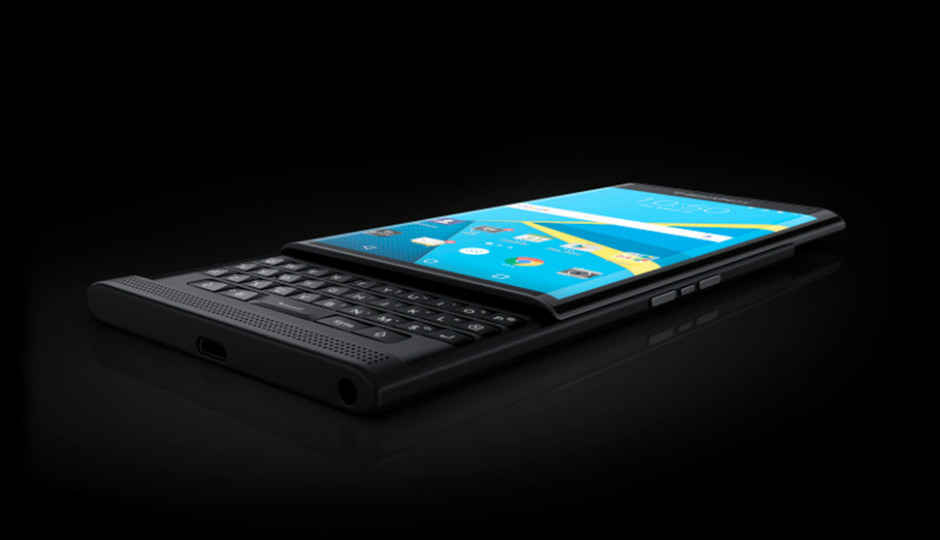BlackBerry reduce losses, with new strategies and Priv pushing sales

The recent rise in its stock prices can be attributed to investment and marketing strategy changes and stronger software licensing, aided by the BlackBerry Priv
For the first time in recent years, BlackBerry’s financial reports are showing signs of recovery, with the once-mobile computing supremo making a number of changes in its marketing and investment strategies. BlackBerry has reported shrinking losses in its overall operations, along with a 13 percent rise in its stock prices. As part of its revised investment strategies, the new hardware and software strategies seem to be working, in light of which falls the latest smartphone by BlackBerry – the Android-powered slider, BlackBerry Priv.
The BlackBerry Priv has been generally well-received, with the flexibility of Android coupled with BlackBerry’s software suites, security features and a signature physical keypad generating hype and interest among a wide base of users – from the feature-savvy youth to the once-BB-loyalist corporate professional. In light of the Priv, BlackBerry’s losses have shrunk to 3 cents per share, as against analysts’ prediction of 14 cents per share. Device revenue for the quarter has increased by about $13 million to $214 million, and software revenue has almost doubled. These, apart from the impact of Priv, can be attributed to BlackBerry’s new licensing strategies, that seems to have succeeded in stemming the steep decline.
"The Priv has managed to fill BlackBerry with a renewed sense of optimism"
The BlackBerry Priv has so far been decently successful, resulting in an average increase in BB’s selling price from $240 to $315. Chief Executive John Chen has affirmed that choosing Android as the operating system is not only a favourable move towards the massive Android audience, but also saves on a lot of expense. While he has not ruled out a future of BlackBerry devices powered by Android, much will depend on how well the Priv really performs. As of now, the Priv has managed to fill BlackBerry with a renewed sense of optimism with the smartphone market, which Chen believes may fuel the company back to sustainable profitability by F.Y. 2017.
Nevertheless, the signs of life need to be stronger for BlackBerry to continue making devices. In an interview, Chen said, “I've said that if we cannot make money we're going to get out of the phone business, and I mean hardware. We have tons of software that absolutely could run, not only on Android phones, but Apple and Windows phones too. We will remain in the phone business one way or the other.” While BlackBerry loyalists and fans across the world can feel more reassured, it will be up to BlackBerry to earn back its niche in the industry. After all, popular devices with supreme security and multitasking had been BlackBerry’s home turf, the last time it ruled the world.




